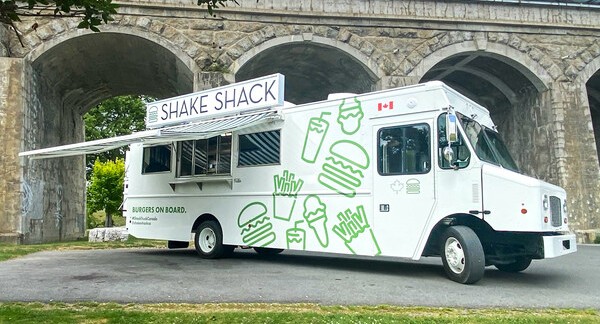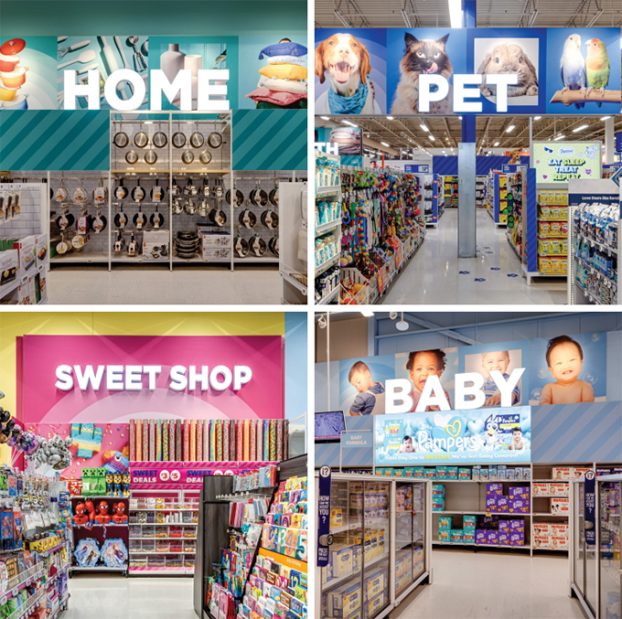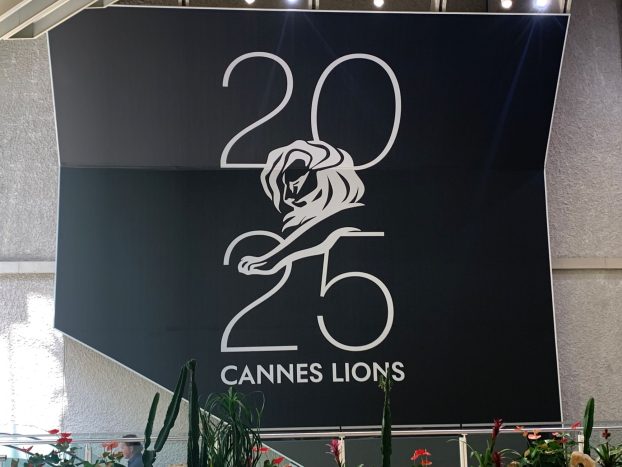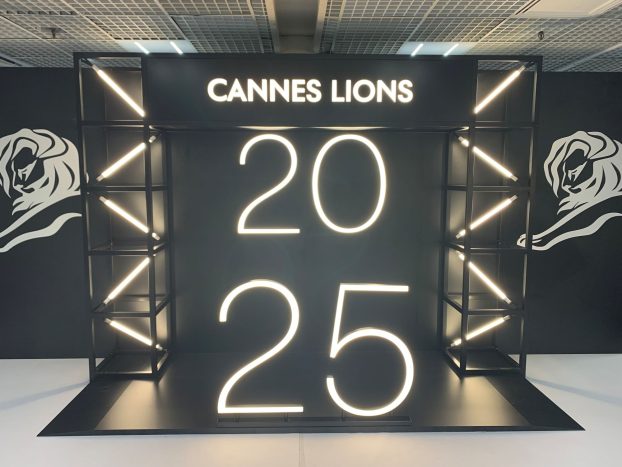When Leo Burnett’s fledgling Chicago agency first acquired the Kellogg account in 1949, it was something Leo had set his sights on for years.
Both Midwestern corporate visionaries who shared the same set of cultural values, W.K. Kellogg and Leo Burnett were a natural fit. A pioneer in human nutrition, Kellogg had founded his cereal company in 1906 in Battle Creek, Mich., just 70 miles from Leo’s birthplace. Kellogg’s first product, Corn Flakes, soon evolved into an iconic brand rivaled only by the likes of Coca Cola. With the landing of Kellogg’s, Leo’s sometimes ‘corny’ creative aphorisms seemed all the more apt.
But even these two tough-minded visionaries might not have foreseen the remarkable durability of a business partnership that has now exceeded half a century, both in the U.S. and Canada.
In 1951, capitalizing on the new television medium, Leo Burnett conceived of the animated character Tony the Tiger, designed to create differentiation from the competition and embody the characteristics of the new Frosted Flakes brand. The robust tiger’s ‘Grrrrrrrr-eat!’ energy was clearly drawn from consuming the nutritious yet tasty breakfast cereal.
Tony the Tiger was eventually followed by Snap, Crackle and Pop (Rice Krispies), Toucan Sam (Fruit Loops), and Mr. Mini-Wheats. The stable of animated characters would create incredibly strong equity for Kellogg’s brands.
When the Canadian office of Leo Burnett opened in 1952, it was at the specific request of Kellogg Canada of London, Ont. It wanted a Canadian agency speaking to Canadian consumers – and that’s exactly what they would get. (Decades later, a Canadian animation house, Toronto’s Chuck Gammage Studios, would be awarded the Tony the Tiger creative work for the global market).
‘Kellogg as a corporation has always remained very committed to Canada,’ observes David Moore, EVP and managing partner at Leo Burnett Canada. ‘You see lot of North American harmonization in packaged goods, a lot of decision-making on advertising gone south of the border, but that’s not the case with Kellogg’s. They very much look for local innovation, local marketing initiatives and local advertising ideas. Kellogg Canada is one of the most respected organizations in the Kellogg world. In fact, Battle Creek often looks to Canada for new ideas and tries to replicate the success that we have up here.’
Over the past decade, that Canadian success has included the Special K ‘Looking Good on Your Own Terms’ campaign that went against the conventional dietary thinking of the time. In 1998, Special K won two bronze Lions at Cannes and the campaign was picked up globally.
The ‘Hectic Morning’ campaign for Nutrigrain launched the whole cereal bar category that Kellogg’s still leads today. And in 2000, Kellogg’s Vector Meal Replacement and Vector Energy Bars proved one of the most successful new cereal launches in decades. ‘Meal replacement and energy foods is a tough, mature category’ says Moore. ‘It’s very difficult to break through the cluttered shelves with new products. But we did it with an entirely Canadian initiative, from the design of the food, the packaging and the advertising.’
‘Mutual respect and true partnership is rare in this day and age,’ says Moore. ‘We have grown together all over the world. There’s a lot of personal ties that go back with people who grew up on the account, nationally and internationally, on both agency and client sides. Half of our CEOs have grown up on the Kellogg account side, so we share a rich cultural tradition. In Canada, alumni of both teams are all over the place.’
Tom Knowlton, Dean of Ryerson Business School, worked on the accounts side of Leo Burnett in Toronto from 1975 to 1980, then moved over to Kellogg. He spent the next 19 years in various executive capacities, including president of Kellogg North America in 1994.
‘The Burnett-Kellogg relationship was utterly unique in North America, especially in the 1970s and 1980s, before Kellogg created a brand management infrastructure’ says Knowlton. ‘It was a true partnership – they were joined at the hip. A strong dedication and commitment to people and brands was a consistent reality.
‘Today, when I look at trade magazines, I don’t recognize most of the marketing names because of the rapid turnover. Jim McKenzie is a salt-of-the-earth guy who has stayed in a leadership position for a long time in Toronto. That speaks to the management’s sense of continuity and commitment. You value your employees and clients equally.
‘That’s what separates a great company from a mediocre company,’ he adds. ‘Mediocre companies focus exclusively on the bottom line, which erodes allegiance and loyalty. Toronto has kept its focus on the softer, intangible connecting devices that leaders use to keep allegiances intact. Their senior management deserves all kinds of credit for that.’
‘Kellogg Company has a worldwide relationship with Leo Burnett’ adds Mark Childs, Kellogg Canada’s VP of marketing. ‘Our 50-year relationship with Leo Burnett in Canada has helped us to create and differentiate Kellogg brands, specific to our Canadian market. We have great confidence in Leo Burnett to develop fresh ideas to help build our current equities and to help develop new insights to appeal specifically to our Canadian consumers.’























